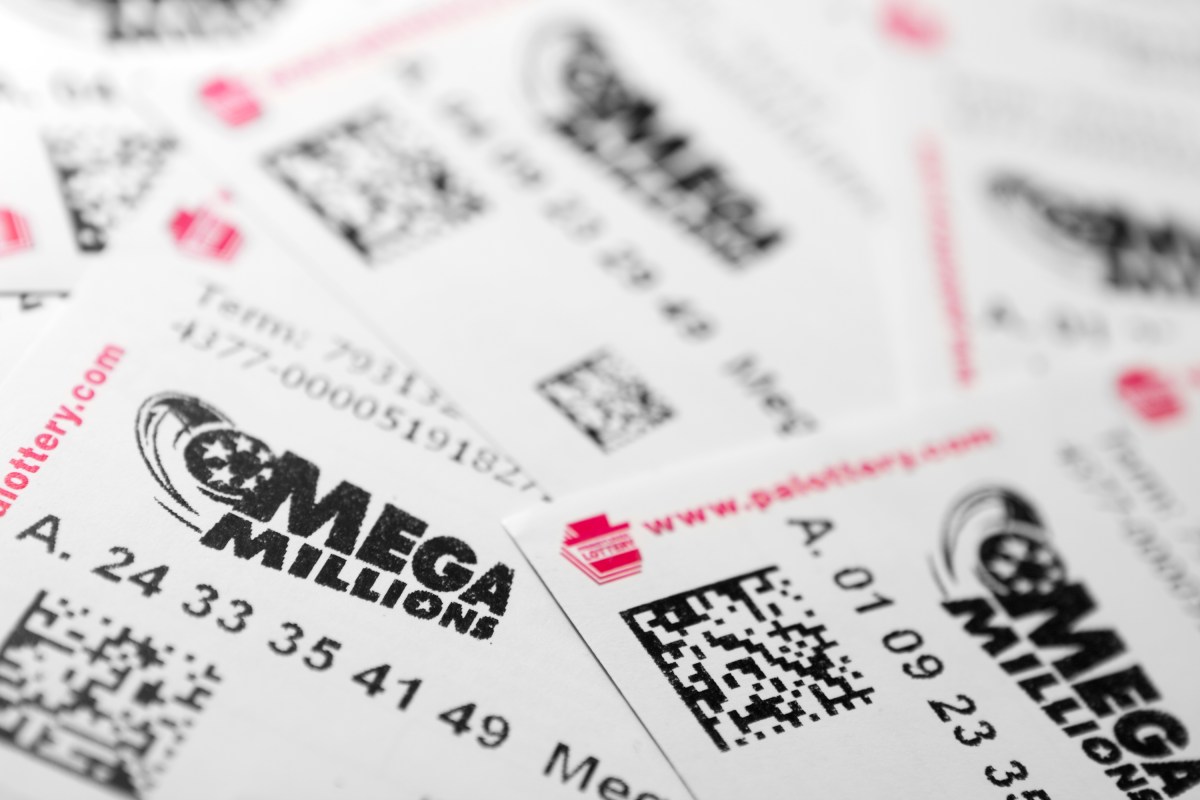ZURICH (Reuters) – A Swiss channel to export food and medicine to Iran’s struggling population without running foul of U.S. sanctions is off to a good start, with dozens of companies keen to take part, a senior government official said on Saturday.
The Swiss Humanitarian Trade Arrangement (SHTA) aims to ensure Swiss-based exporters and trading firms in the medical, pharmaceutical and food sectors have a secure channel with a Swiss bank to guarantee payment for exports to Iran.
The arrangement has been in the works since U.S. President Donald Trump reimposed sanctions in 2018 after walking away from a deal over Iran’s nuclear program, well before the coronavirus outbreak which has hit the Islamic Republic badly.
The channel went live last month after a pilot deal in January involving Swiss bank BCP and drugmaker Novartis
“There are 50 companies that are interested at the moment, and we think there will be more,” said Marie-Gabrielle Ineichen-Fleisch, director of the Swiss State Secretariat for Economic Affairs (SECO) agency that oversees the program.
She did not name any of the companies.
“Iran has been especially hit by the coronavirus, and while there is no substance that helps against the virus, in general the health situation is difficult,” she said in an interview with broadcaster SRF on Saturday.
“If we can provide some support there and ensure exports take place then we are making a good contribution.”
Food, medicine and other humanitarian supplies are exempt from U.S. sanctions but the measures targeting anything from oil sales to shipping to finance have deterred many foreign banks from doing business with Iran – including humanitarian deals.
In the Swiss project, exporters and banks give the government information about their business activities and partners in Iran. Bern verifies it and shares it with the U.S. Treasury, which then signs off on which deals can go ahead without those involved being sanctioned.
(Reporting by Michael Shields; Editing by David Clarke)





















